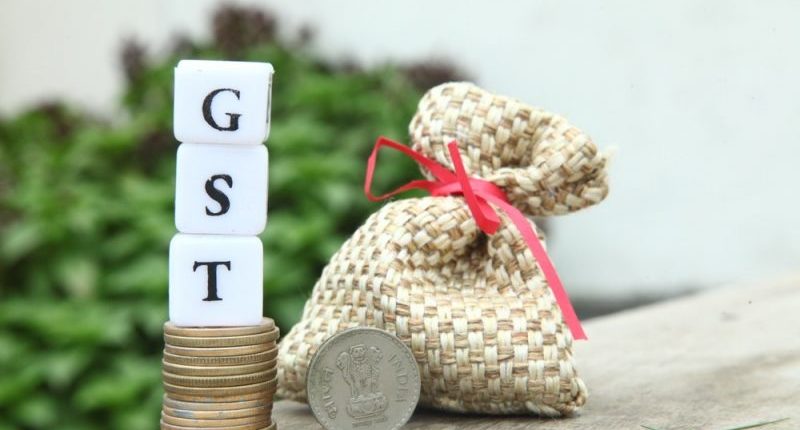Being the first batch of payments for FY 2021-22, the Central Government has disbursed Rs.75,000 crore to all states and the Union Territories on Thursday, 15th July 2021. The objective is to meet the shortfall in the GST compensation faced by states due to the COVID-19 pandemic. It has been done in line with the agreement for covering the shortfall by the Centre giving back-to-back loans instead of compensation to states.
The Ministry of Finance issued two press releases on 15th July 2021 highlighting the matters. One of the press releases confirms that with this fund disbursal, the Government of India’s borrowing programme remains unchanged for the rest of the first half of FY 2021-22. The borrowing programme is laid down in the “Issuance Calendar for Marketable Dated Securities for April 2021-September 2021”, dated 31st March 2021.
The other press release elaborates the source of disbursement of Rs.75,000 crore and the share of each state and the Union Territory. The funds have been arranged with the Centre borrowing by the issue of 5-year and 2-year securities in the current fiscal year. These raised funds amounting to Rs.68,000 crore and Rs.6,500 crore, bearing a weighted average yield of 5.60% p.a and 4.25% p.a, respectively.
Further, it highlights that close to 50% of the total shortfall for FY 2021-22 has been met through a single instalment. The total shortfall in the Compensation Fund account for FY 2021-22 is estimated at Rs.1.59 lakh crore. Therefore, 47.17% of the total shortfall has been currently met. The balance is expected to be released in regular instalments during the latter half of the current fiscal year, the press release affirmed.
The same press release also clarifies that the release is over and above the normal GST compensation, which is the actual cess collected and distributed once every two months.
Twenty-six states and the Union Territories received the compensation. Karnataka tops the list of States and Union Territories to have received the highest compensation amounting to Rs.8,542.17 crore. It is followed by Maharashtra, Gujarat, Punjab, Kerala, Uttar Pradesh, Tamil Nadu, Haryana, Rajasthan, Madhya Pradesh, Bihar, Odisha and West Bengal. All these states have received more than Rs.3,000 crore each towards the compensation.
As far as the economic state of affairs is concerned, Rs.2.59 lakh crore is the expected collection to surpass the total GST compensation accruing in FY 2021-22. The current arrangement is similar to the one adopted for the previous financial year 2020-21. During that period, the Centre had borrowed Rs.1.1 lakh crore for meeting compensation dues to states. About Rs.63,000 crore is still outstanding as dues to states for FY 2020-21.
The “back-to-back loan, in-lieu of GST compensation” facility was agreed upon among the Centre and all the States, and the Union Territories at the 43rd GST Council meeting held on 28th May 2021. It would help all the States and the Union Territories to meet the resource gap by easing the cash flows through non-tax revenues. The facility will promote capital expenditure by every state allowing an effective response and management of the COVID-19 pandemic.
On the other hand, borrowings for meeting compensation shortfall imply that the GST compensation cess may continue to be charged beyond 2022 to repay the dues, affecting the consumers of few product segments, including sin goods.
For any clarifications/feedback on the topic, please contact the writer at annapoorna.m@cleartax.in
Annapoorna, popularly known as Anna, is an aspiring Chartered Accountant with a flair for GST. She spends most of her day Singing hymns to the tune of jee-es-tee! Well, not most of her day, just now and then.





